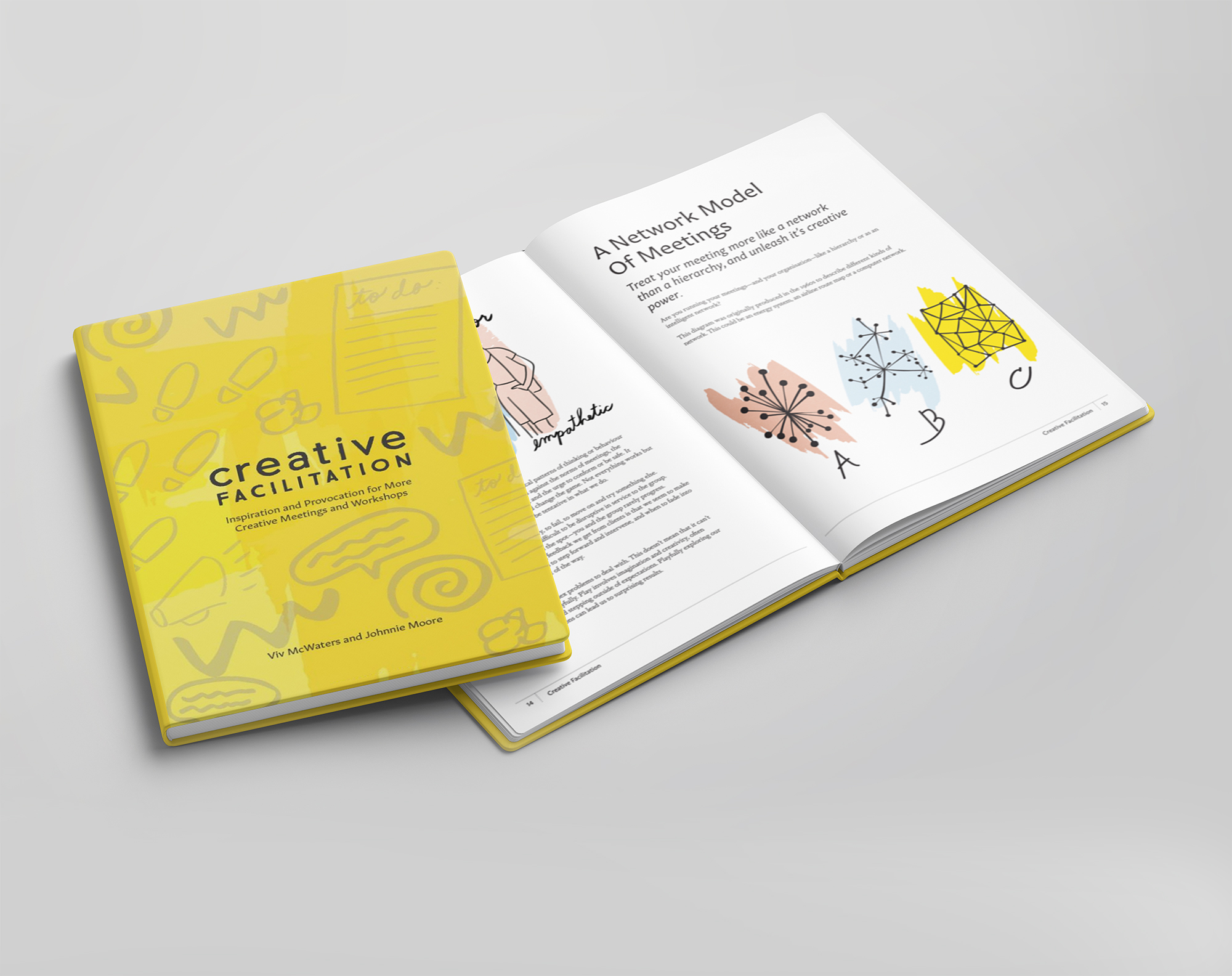resources
downloadable details of some of our favourite processes
A Thiagi activity (www.thiagi.com) that encourages people to interact with pre-prepared content through a swapping and scoring activity. Thiagi calls this a frame game, where the activity remains the same but the content can vary according to context.
This is an action process to enable participants to try out new behaviours, particularly in difficult situations.
A mirror game that explores trust, leading and following.
An energy transfer game that helps focus attention.
An activity to explore the difference between agreeing with and blocking suggestions from others.
A way to organise are amounts of data into themes.
A closing circle enables everyone to say something, or not, and book-ends the ending with the beginning – where people arrived and sat in a circle of mostly strangers, and finish sitting in a circle with new-found friends.
A mixing activity, especially for large groups, that emphasises the importance of being welcoming to strangers.
A visual way of representing if there has been a shift in participant understanding of various topics.
Usually done at the beginning of a session, and repeated at the end.
An empathy exercise where people get to step into another’s point-of-view regarding a particular topic.
To consider that others lives are as rich in experience, desire, loss, joy…as yours.
People use their favourite things as a basis for coming up with a unique business opportunity. Can also use specific aspects of topic you are exploring in a workshop.
A group activity to write a statement in exactly 16 words, then 8 word, then 4 words.
This activity enables a group to trade a lot of information without getting bogged down in a discussion of who is right and what is true.
A process to gather group-generated knowledge relating to specific questions or topics that encourages going beyond top-of-head thinking and includes synthesising the data to identify the most important.
A fun and challenging team-building activity.
A participatory, information-gathering exercise that replicates limited time and resources, and demonstrates what’s possible anyway.
A competitive game that is evaluated according to different criteria to highlight the importance of asking the right questions when designing an evaluation.
A participatory activity to encourage connecting of ideas and creativity.
Individuals in a group offer to host short sessions around topics of their choice.
A circle activity (loosely based on sociometry) to hear participant likes, wishes and curiosities.
Sometimes we know what we want to achieve with an activity, but the reality, the experience of the participants is not what we imagined. This activity uses peer questioning, and photographing seemingly unconnected things to spark ideas and creativity.
An active game that reinforces principles of noticing, team work, planning, and strategy.
A review activity that helps participants re-connect with the content of the day.
People are invited to stand along a continuum according to their own assessment.
A story-telling and listening activity that trains us to listen for different things.
A simple process to support decision-making.
A game that involves throwing an imaginary ball that helps people learn each other’s names.
A way of identifying skills in a group.
A robust and universal framework for thinking, leading discussions, preparing reports, debriefing, designing events etc based on the way the human brain processes information.
A relaxed but enjoyable paired activity where each person silently cooperates to create a drawing of a face, one line at a time.
A simple game played in a circle where a clap is passed around the circle.
A way of capturing people’s photos and a statement that they have written in response to a question.
A way to review people’s experiences of an event.
A quick check-in process
A presentation is so ubiquitous that it is an expected part of any workshop or training. If you have large groups, a data projector can be a useful tool for sharing instructions for an activity where everyone can read the screen. Popcorn Powerpoint uses the principle of audience suggestions from improv theatre. In a deck of 50 numbered slides, the presenter goes to the number slide called out by an audience member and speaks about that slide. It encourages story telling by the presenter, keeps them ‘alive’ to the content, and raises curiosity amongst the audience about what has been ‘missed.
Ripping up a book is known as a jolt – it is unexpected and a little bit shocking! Ripping up content is generally unexpected and raises people’s interest in what’s going to happen. Speed dating is a way to get people to share snippets of information in a short amount of time and raise interest and curiosity in the topic.
Sociometry is a way of measuring individual relationships in a group. Be sure to ask people questions that can answer. We used three different types: line up (continuum); groups (category); and maps. Sociometry is often used to prepare people for actions they will be doing later, making choices, doing line-ups according to their agreement for a particular decision, etc.
A fun and energetic check in process.
A great reflective process for groups.
A group discussion activity in three rounds to tap into the diversity of views in a group.
A group passes a ‘Zap!’ around a circle. Additional actions can be incorporated to increase difficulty and extend the range of choices.

Creative Facilitation 2021 Edition
We’ve completely rewritten and redesigned our guide to effective facilitation. In 70 pages we share the thinking and practices that have helped us in our work around the world for the last 20 years. It’s not a conventional how-to manual but a series of provocations and reflections to help think afresh about you work with teams and events.
Available in Paperback and Kindle ebook at Amazon
